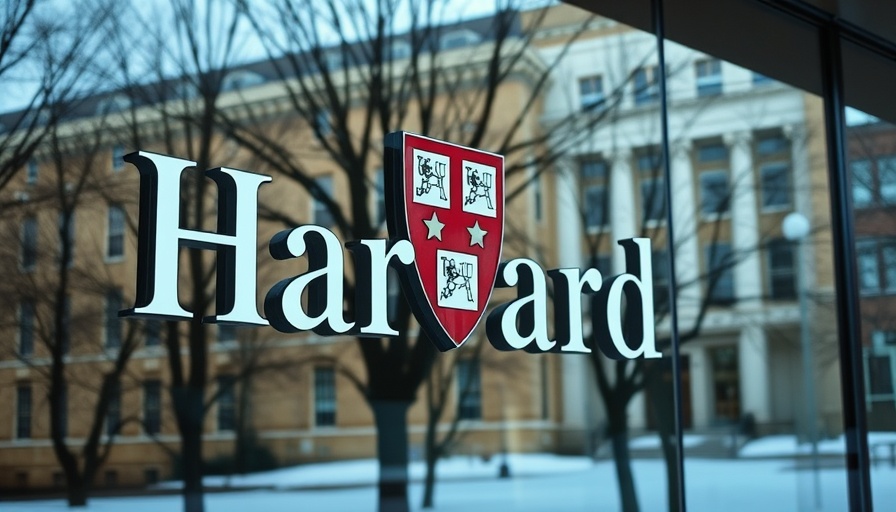
Harvard’s International Students in Jeopardy: A New Era of Uncertainty
The ongoing tension between the Trump administration and Harvard University represents a pivotal moment not just for the institution, but for thousands of international students relying on the American education system. With recent policies aimed at limiting international student enrollment, the very essence of Harvard's diverse learning environment is under threat.
A Historic Clash of Policies and Identity
Harvard University is facing unprecedented challenges as the Trump administration intensifies its push to restrict international enrollment. The university currently hosts approximately 7,000 international students, which constitutes 26% of its total student body. These students find themselves in a precarious situation, as government mandates may force them to transfer to other institutions to maintain their legal status. This conflict echoes the ongoing national discourse about immigration and educational policy, raising questions about academic freedom and the role of prestigious universities in shaping global discourse.
Broader Implications for International Education
One of the most critical aspects of this situation is how it reflects broader societal tensions regarding immigration and academia in the U.S. The Harvard Kennedy School, for instance, boasts that nearly half of its students are on F-1 visas, indicating a strong international presence that enriches the learning experience. If these policies are implemented effectively, it could significantly alter the composition of not only Harvard but many elite educational institutions across the nation.
Future Predictions: What Lies Ahead?
Experts foresee a rocky path ahead for international students amidst these shifts. Should these policies continue unchallenged, we might witness a drastic reduction in diverse perspectives within classrooms, ultimately impacting America's educational and cultural landscape. Universities must prepare for a future where they might have to advocate more aggressively for their communities and resist policies perceived as detrimental.
Act Now to Support Diversity in Education
The implications of the Trump administration's actions extend far beyond Harvard's ivy-covered gates. Stakeholders, including current students, educators, and community members, must unite to advocate for policies that protect the rights and interests of international students. Supporting initiatives that promote inclusivity within educational systems is crucial at this critical juncture. Your voice matters in shaping the future of education in America.
 Add Row
Add Row  Add
Add 




Write A Comment